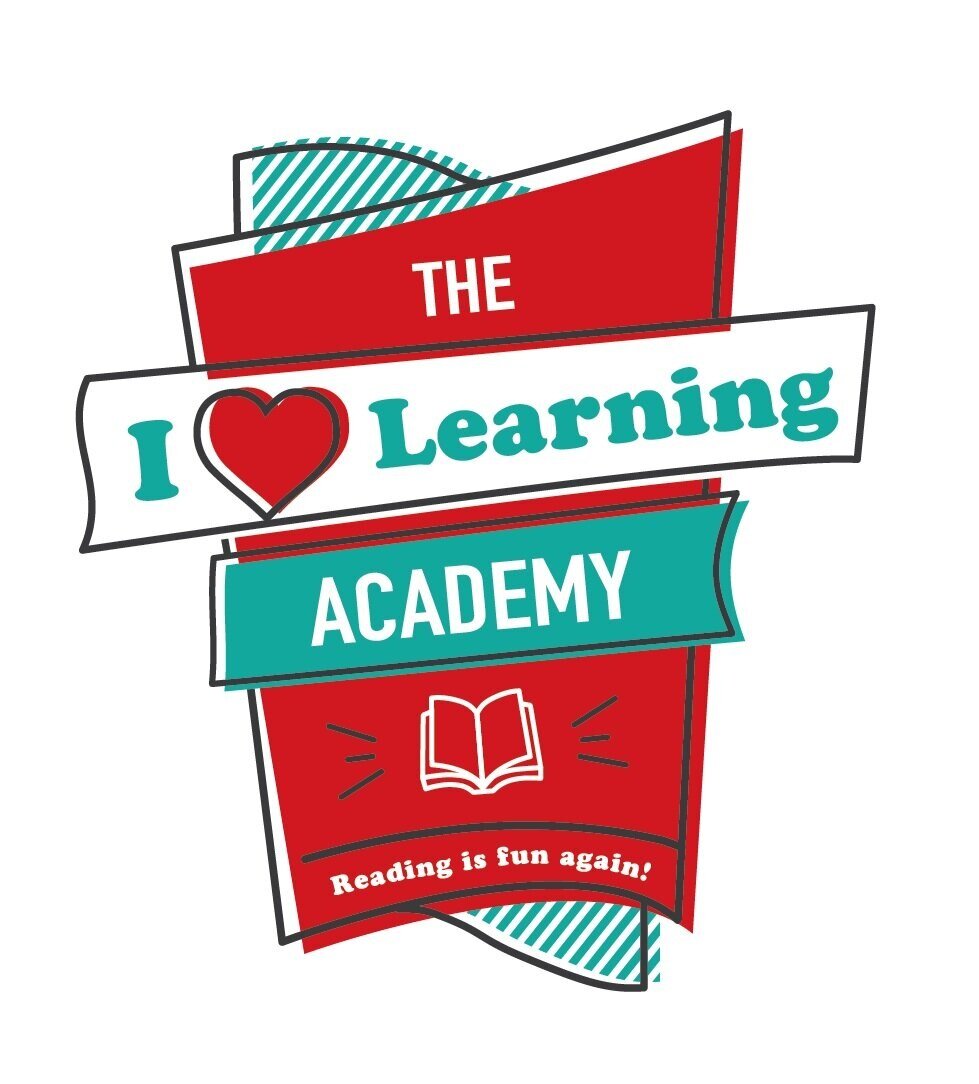Academic Testing
Our academic evaluation services provide comprehensive diagnostic assessments tailored to uncover strengths, identify growth areas, and identify learning challenges at the heart of a child's learning. We empower learners, optimize their potential, and integrate these insights into their personalized educational journey.
Getting to the heart of Learning…
An academic evaluation is performed by a certified Educational Diagnostician. A formal evaluation typically includes a comprehensive assessment of various aspects of a student's academic performance, abilities, and potential. It involves gathering information through multiple assessment methods to gain a holistic understanding of the student's strengths, areas for improvement, and specific learning needs. This may include the following components:
Cognitive Abilities: Assessments to evaluate cognitive skills such as reasoning, memory, attention, and problem-solving abilities.
Academic Achievement: Evaluations of the student's current academic skills and performance in areas such as reading, writing, mathematics, and other subject areas.
Language and Communication: Assessment of language skills, including receptive and expressive language, vocabulary, grammar, and comprehension abilities.
Learning and Processing Styles: Identification of the student's preferred learning and processing styles to determine the most effective instructional approaches.
Social-Emotional Factors: Evaluation of social-emotional skills, behavior, motivation, and self-regulation that may impact academic performance.
Executive Functioning: Assessment of executive functioning skills, including organization, time management, planning, and problem-solving abilities.
Attention and Concentration: Evaluation of attention and concentration skills to determine if there are any attention-related difficulties that may impact learning.
Assessment of Specific Learning Disabilities: Identification of any specific learning disabilities or challenges such as dyslexia, dyscalculia, or attention deficit hyperactivity disorder (ADHD).
Observations and Interviews: Gathering information through observations and interviews with the student, parents, teachers, and other relevant individuals to gain a comprehensive understanding of the student's learning profile.
Recommendations and Interventions: Providing recommendations based on assessment results to guide personalized interventions, accommodations, and instructional strategies to support the student's academic growth and success.
*The specific components included in an academic evaluation may vary based on the purpose, age of the student, and the assessment tools and methodologies utilized by the evaluator.

